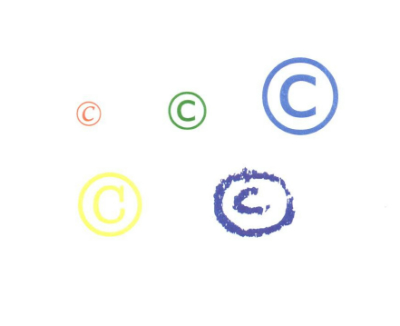In Burwell v. Hobby Lobby Stores 573 U.S. __ (2014), the Supreme Court took a whack at the Affordable Care Act, a/k/a “Obamacare”, and gave new force to the argument that “corporations are people”.
 In a nutshell, Burwell stands for the proposition that, where the religious beliefs of the owners of a corporation are “tightly aligned”, those beliefs may be imputed to the corporation itself, and the corporation may assert those beliefs as the basis to thwart the applicability of a law that conflicts with the religious beliefs of its shareholders.
In a nutshell, Burwell stands for the proposition that, where the religious beliefs of the owners of a corporation are “tightly aligned”, those beliefs may be imputed to the corporation itself, and the corporation may assert those beliefs as the basis to thwart the applicability of a law that conflicts with the religious beliefs of its shareholders.
Burwell may look like a giant hall pass, but let’s ponder some of the possible unintended consequences, shall we?
The corporation was initially conceived as a vehicle to enable the indefinite existence of a commercial enterprise. As such, it was deemed to exist separate and apart from its human owners, who would eventually die. As the law of corporations evolved, this separate existence was the foundation for the concept that the owners of a corporation should be shielded from liability for the debts and the actions in general of the corporations. Loss and liability were limited to the extent of ownership. The value of a shareholder’s stock might decline or be wiped out, but the shareholder had no exposure beyond the amount of his or her (or its) investment.
Thus, for example, the shareholders of Enron, who may have seen the value of their stock reduced to zero, had no obligation to repay the company’s many creditors. Similarly, the shareholders of BP have been shielded from any personal liability arising out of negligence on the part of BP, or any of its contractors.
The hall pass that is Burwell might be used for all sorts of reasons. The United States is singularly fortunate that it has no established or state religion. The flip side of that good fortune is that religion is personal, and, therefore, highly idiosyncratic. To a great extent, the US Constitution gives you and me the right to say that our religion is whatever we say it is.
And therein lies several great, big unintended consequences. As a consequence of Burwell, a corporation might venture to assert a right to discriminate against (or for) men, or women, or short people or vegetarians on the grounds that such discrimination is in line with the religious beliefs of its owners. But if the distinction between a corporation and its owners is blurred or obliterated for one purpose, what is to prevent a more generalized destruction of the corporate veil that may subject owners to liability for debts and malfeasance, as well as well as to other, as yet unidentified consequences?







 Crowdfunding: The Basics
Crowdfunding: The Basics Do You Need an Operating Agreement for an LLC?
Do You Need an Operating Agreement for an LLC? Convertible Notes: The Basics
Convertible Notes: The Basics Online Reviews: A Blessing and a Curse
Online Reviews: A Blessing and a Curse Enforcing Confidentiality Agreements
Enforcing Confidentiality Agreements
If you are interested in topic: how earn money online at
home – you should read about Bucksflooder first
Whether use of copyrighted material is commercial or not is not relevant to a “fair use” analysis. The salient point is whether the use was one of those enumerated in the Copyright Act; for example, news reporting, teaching, scholarship, research, comment or parody. The fact that the use occurs in a public place is also not relevant. Using copyrighted music as background for a film is not protected by the fair use exception. The fact that the clip is short does not come into play unless the use can be characterized under one of the fair use exceptions.